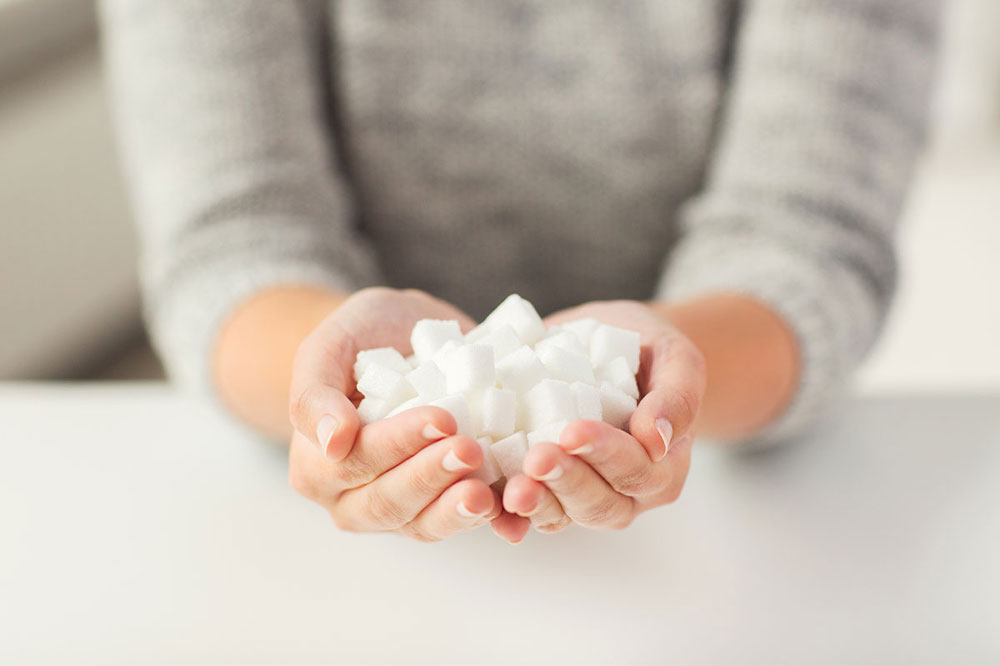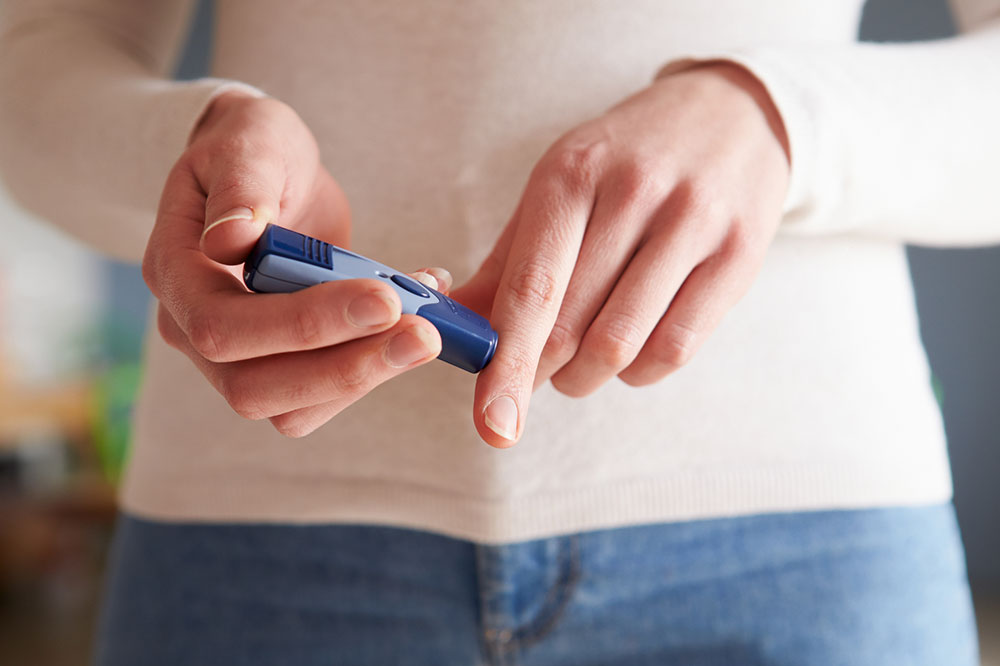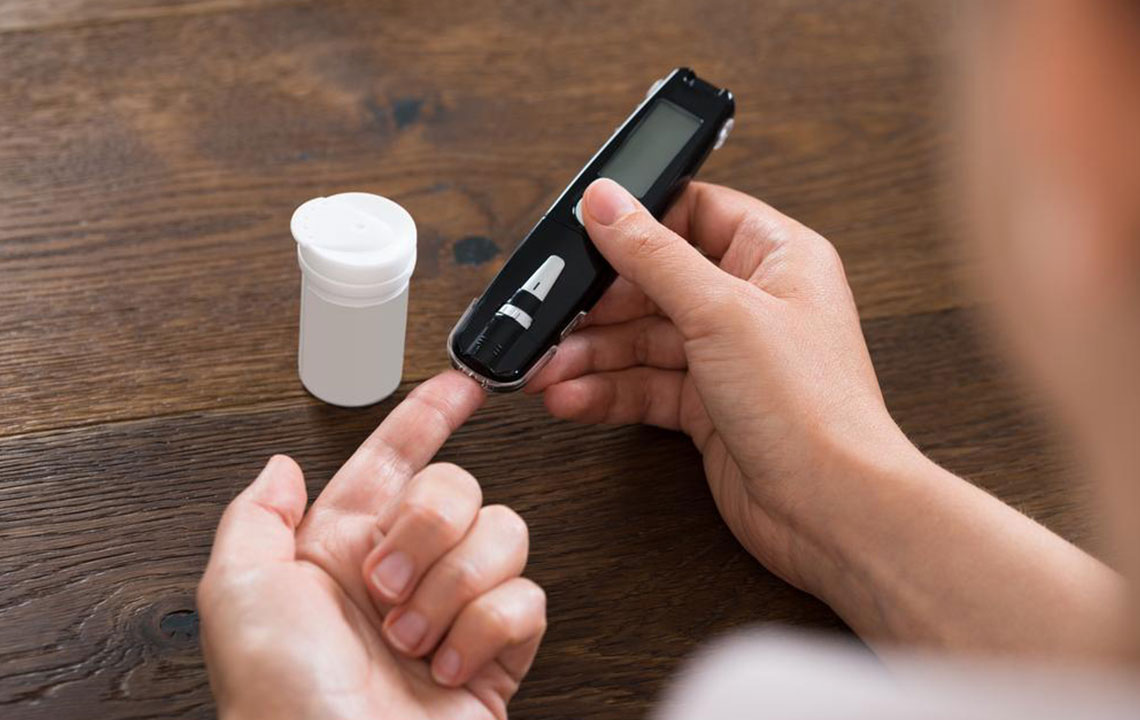8 warning signs that indicate excess sugar intake
Sugar is a soluble carbohydrate that is often added to most of our foods. This is what makes delicacies like cookies, chocolates, brownies, and cakes delicious. However, eating too many foods rich in sugars can deteriorate your overall health. The compound may cause health conditions and complications like tiredness, build-up of visceral fat, diabetes, and heart disease. So, here are eight signs of excess sugar intake to look out for.

Feelings of irritability
Studies indicate that eating foods with too much sugar may lead to irritability, stress, and moodiness. Sugar-rich foods contain less protein and fats which may lead to spikes in blood sugar levels. In turn, the body will rush to process the compounds and cause the energy levels to crash.
Foods don’t taste sweet anymore
Sometimes you may feel that the sugar-laden foods you consume are not as sweet as it once was. It may be an indication that you are consuming too much sugar. You may also find yourself less satisfied when you consume foods with low sugar content.
Excess visceral fat
Sugar is also known to affect leptin, a hormone that signals the brain when you have enough to eat. And processed snacks are rich in sugar but low in protein, healthy fats, and fibers. Furthermore, the body can dissolve sugars quickly and may make you feel hungry faster. The process ultimately leads to a gain in weight, especially visceral fat, which is a sign of excess sugar consumption and insulin resistance.
Increased acne
If you notice an unusual acne flare, you might be consuming too much sugar. Research indicates that people who consume sweetened beverages many times per week may develop moderate to severe acne. The sugar in sweetened drinks triggers an unusual development of androgens, sebum, and insulin-like growth factors that contribute to acne.
High blood pressure
High blood pressure is a potential sign of excess sugar in your food. The concentrated sugar levels may damage the lining of the blood vessels and make it easier for lipids to stick to the walls that hold the blood vessels. The condition leads to the hardening of the blood vessels, following which the blood pressure rises.
Pain in the joints
If you notice a growing pain in your joints after eating sugary foods, you are likely consuming too much of sugar. A study performed on a group of people with rheumatoid arthritis indicates that their symptoms worsened when they consumed desserts and soda.
Trouble sleeping
High consumption of added sugar may deteriorate your sleep cycle. That’s because our sleep cycle depends on the light in a room, the temperature, and our glycemic control. So by eating sugar-rich foods, you may find it difficult to sleep.
Digestive problems
Sugar is a known gut irritant, and therefore, eating too much can result in digestive problems. A few signs that you might be eating too much sugar are stomach cramping, pain, or diarrhea.




